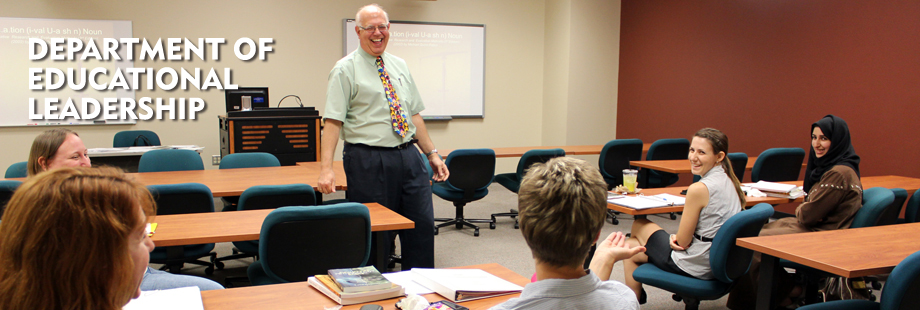Document Type
Article
Publication Date
11-2014
Publication Source
Phi Delta Kappan
Abstract
Bilingual education could improve education outcomes in one of the world’s poorest nations.
In one of the world’s poorest countries, a model of bilingual education is emerging that could have a substantial effect on the nation. Landlocked, subSaharan Burkina Faso has battled high illiteracy and high dropout rates since gaining independence from France in 1960. Scholars say the problem stems from the lack of culturally appropriate education, and some have suggested bilingual education as part of a solution. To that extent, the Burkinabe government and local nongovernmental organizations have started a program, Bilingual Indigenous Community Education, which aims to instruct students in both their native tongue and the country’s French national language.
Inclusive pages
70-72
ISBN/ISSN
0031-7217
Document Version
Published Version
Copyright
Copyright © 2014 by the Author
Publisher
Phi Delta Kappa International
Volume
96
Issue
3
Peer Reviewed
yes
eCommons Citation
Brion, Corinne, "Two Languages Are Better Than One" (2014). Educational Leadership Faculty Publications. 246.
https://ecommons.udayton.edu/eda_fac_pub/246
Included in
Educational Assessment, Evaluation, and Research Commons, Educational Leadership Commons, Higher Education Administration Commons




Comments
This document is made available for download in compliance with the publisher's policy on self-archiving. Permission documentation is on file.